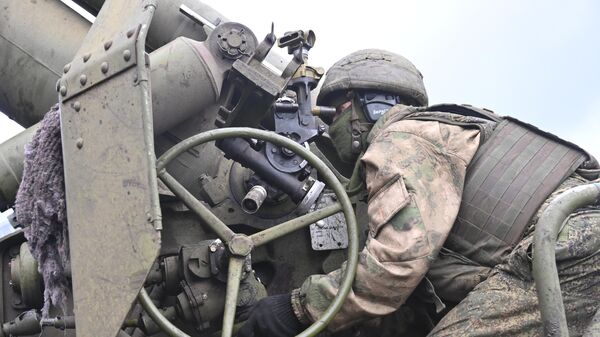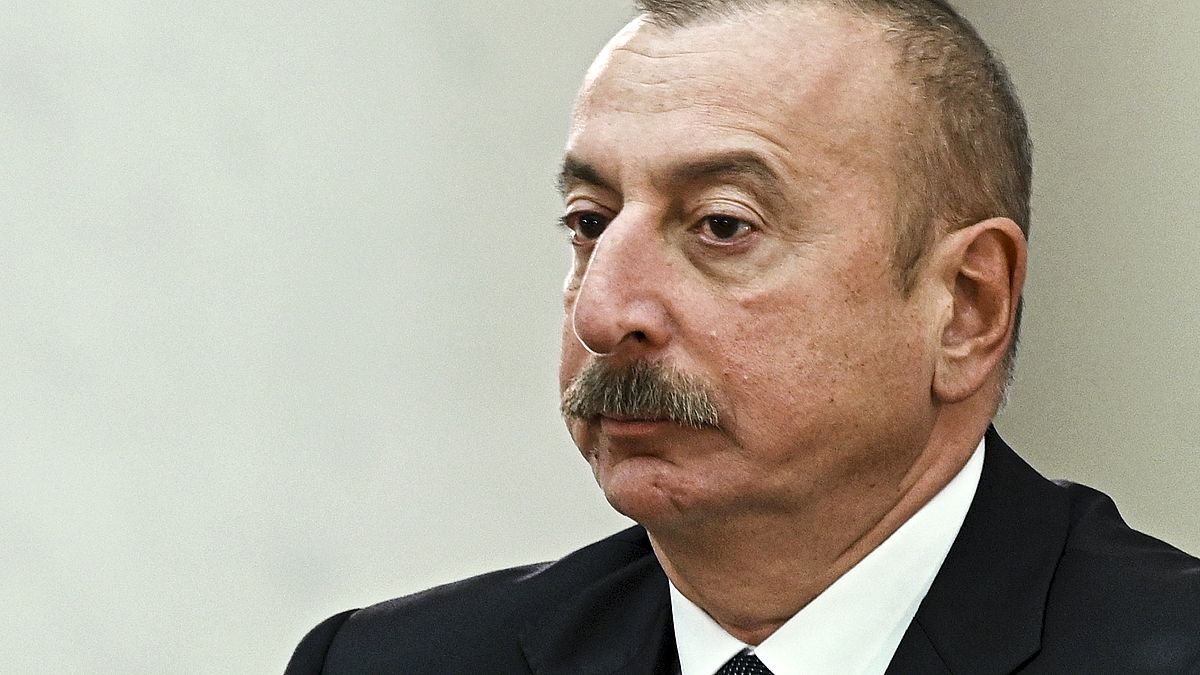Syrian and Russian forces battled to bring Syria's second city of Aleppo under Assad's full control for years, unleashing widespread devastation.
Following the sudden fall of former Syrian President, Bashar Al-Assad, residents of Aleppo have been reflecting on the horrors inflicted on them and their city under Al-Assad’s control.
A brutal dictatorship, Al-Assad’s regime unleashed widespread devastation and destruction across Syria’s second city.
Russia propped up Assad's regime and its warplanes bombed Aleppo, a rebel-held city, for many months.
Hundreds of thousands were killed in the indiscriminate bombings, while the country’s economic meltdown plunged most of its population into famine and drug trafficking ran rampant.
Millions of Syrian refugees, most of them in the countries neighbouring Syria, suffered poverty, legal precariousness and local populations who increasingly demanded their deportation.
84-year-old Dr Obeid Diab was forced to flee from his home as Aleppo was bombed.
"They would hit indiscriminately. The jets would fly over and the bombs would drop. They’d just fall, whether the wind blows it here or there, you just don’t know. Is there a specific target in mind? I don’t think so, they just hit and go," Dr Diab said.
Many people Dr Diab knew were killed in these attacks, including his nine-year-old niece who he buried, alongside many other neighbourhood children, with his bare hands.
"We had to bury the children with our bare hands. First of all, there were the kids of this neighbourhood. Among them was my niece, this small, she was nine years old. She died. What can one say?"
Countless people also disappeared into the regime’s brutal prison system, condemned to a life of torture and even death.
Aleppo resident Ali said he was arrested and jailed over unfounded accusations.
"Assad’s criminal army came in, took us to prison, claiming we were affiliated with armed groups," he said.
Now finally home, Ali said he stayed in his home in eastern Aleppo all the way through the siege in 2016 and for as long as he could after that, when regime militias were in control of the area.
With Assad in exile in Russia, the country's new authorities are investigating atrocities by Assad’s forces, mass graves and an array of prisons run by the military, intelligence and security agencies notorious for systematic torture, mass executions and brutal conditions.
While the future is still unclear, for many Syrians the fall of Al-Assad has brought hope for the first time.

 6 days ago
4
6 days ago
4






 We deliver critical software at unparalleled value and speed to help your business thrive
We deliver critical software at unparalleled value and speed to help your business thrive






 English (US) ·
English (US) ·